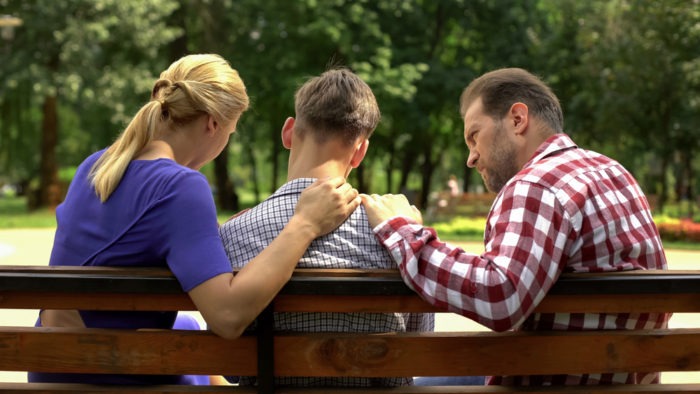Another Plea To Parents To Educate Children About Opioids

When I was a teenager, my parents warned me about the dangers of drinking alcohol before I was 21.
They warned me about using marijuana and other drugs. The greatest concern of parents back then was that their kid would become an alcoholic or, through the use of marijuana, would eventually become a heroin addict. Heroin was the deadliest drug and has been until the late 1990’s with the introduction of Oxycontin.
I constantly appeal to parents to safeguard their children by talking to them about the opioid epidemic and educating them as thoroughly as possible. Children today are faced with greater stress than at any other time in history. Social pressures, peer pressure, educational expectations, sexual identity crises and more bombard today’s children. The confusion can be overwhelming if not addressed and the temptation to numb out can be powerful.
Illegal Drugs Are Running Rampant
The proliferation of illegally made drugs – laced with deadly fentanyl – that look like the real deal are flooding the streets. Children of every age are taking these drugs and overdosing on a daily basis. I am making every effort I can to help parents help their children resist the temptation to experiment with any kind of drug.
To that end, I am posting a letter from the Director of the National Institute of Drug Abuse directed to parents posted on their website. Sometimes, one voice is not enough. We have to hear warnings from multiple authorities before we take them to heart. Hopefully, you can prevent your children from becoming one of the 150 people who die every day from opioids.
Dear Parents:
You have probably heard a lot about the opioid crisis in the news lately. But what are opioids, and what do they have to do with you as the parent of a teenager?
If your child has had a sports injury, dental work, or surgery, it is possible that he or she was prescribed a pain reliever that contained an opioid. Opioids can be very effective at reducing severe pain in the short term, such as after surgery, but they can be very addictive, especially if they are misused.
Children and adolescents are at greater risk than adults of becoming addicted when exposed to drugs. Particularly when used in treating children or adolescents, opioids should only be taken to manage severe pain, when no other pain medicine works, and for the shortest time necessary—and most importantly, only while under the careful watch of a trained health care provider.
In addition to opioids prescribed for treating pain, there are powerful opioids sold on the street and used solely to get high, including heroin and illicit fentanyl. These are also highly addictive. All opioids—particularly when misused to get high, when combined with other drugs like alcohol or tranquilizers, or when used for pain without proper medical supervision—can result in deadly overdoses.
While opioid misuse in teens has been going down, the rate of opioid misuse increases significantly after the age of 18, so it is critical to talk with teens early and frequently to protect them from experimenting with opioids as they transition into adulthood. Talking to your kids about drugs may not be easy, but it is important.
Here at the National Institute on Drug Abuse (NIDA), we developed this guide to help parents talk with their kids. We also have a companion book, Opioid Facts for Teens, that you can share. Sometimes, just beginning the conversation is the hardest part. I hope these booklets can help.
Nora D. Volkow, M.D.
Director, National Institute on Drug Abuse
https://www.drugabuse.gov/publications/opioids-facts-parents-need-to-know/letter-to-parents
